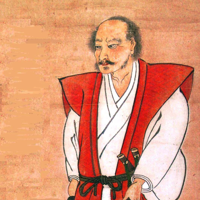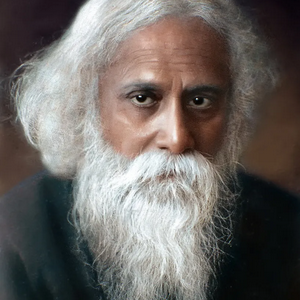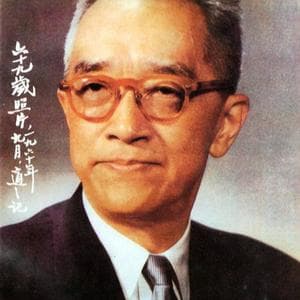Adi Shankara MBTI性格类型
性格
"Adi Shankara是什么人格? Adi Shankara是MBTI中的ENTP人格类型,九型中的5w4 - so/sp - 549,五大类型中的RCOAI,Socionics中IEI类型。"
I'm really intrigued by the ENFP voting. I have to admit that I find it nearly impossible to imagine an ENFP who renounced the world at a young age and devoted his life to spiritual affaires. What we know about Sankara is that he liked debating with philosophical adversaries, that "he viewed himself as part of a long lineage of teachers", that he accepted nonduality "based on the Upaniṣad’s authority alone", that he travelled throught India and that he founded 4 monasteries. I agree that he is an extravert who uses both Ne and Si. His ideas have a very Ni flavor, but this is probably because he was born in a culture where introverted intuition was highly valued. Looking at his style, it's clear that he favored introverted sensing for he used a lot of concrete examples to illustrate his ideas. Ni writing, on the other hand, tends to be obscure, abstract and apt to interpretation. Moreover, his aim was to systematize and clarify the revelation of the sacred texts of Vedic religion, which, in my view, points to Si as well, since it might imply attachment to tradition. Finally, he believed that, although the world exists, it has an inferior degree of existence compared to Brahman. Ni is known for reconciling the opposites and embracing contradiction. Nevertheless, I think he was also a Ti and Fe user. Logic was not his preference because, contrary to how INTP or INFJ philosophers would have proceeded in his position, he didn't "attempt to prove nonduality solely through independent reasoning", "such an endeavor is not possible in his opinion because nonduality is not subject to logical proofs"; but he used it profusely anyways and paid much attention to causality. The following reasoning, for example, looks very Ti-ish to me: i) the metaphysical ground possesses more reality than the grounded effect, ii) the effect is wholly reducible to its causal ground, and iii) therefore the effect is not different than its ground. Difficult to imagine a individual with Ti in the trickster position making this kind of statements. Regarding Fe, I don't have strong arguments to support it beyond his opinion that one has to act always altruistically in the benefit of the other beings. Either way, it would be poetic that he was an Ne-dom who became the greatest Vedic philosopher in the Ni-dominated Hindustan, in the same way Aristotle, a Te-dom, became the greatest philosopher of the Ti-dominated ancient Mediterranean world.
背景
Adi Shankaracharya was an Indian philosopher and theologian who consolidated the doctrine of Advaita Vedanta. He is credited with unifying and establishing the main currents of thought in Hinduism. His works in Sanskrit discuss the unity of the Ātman and Nirguna Brahman "brahman without attributes"















